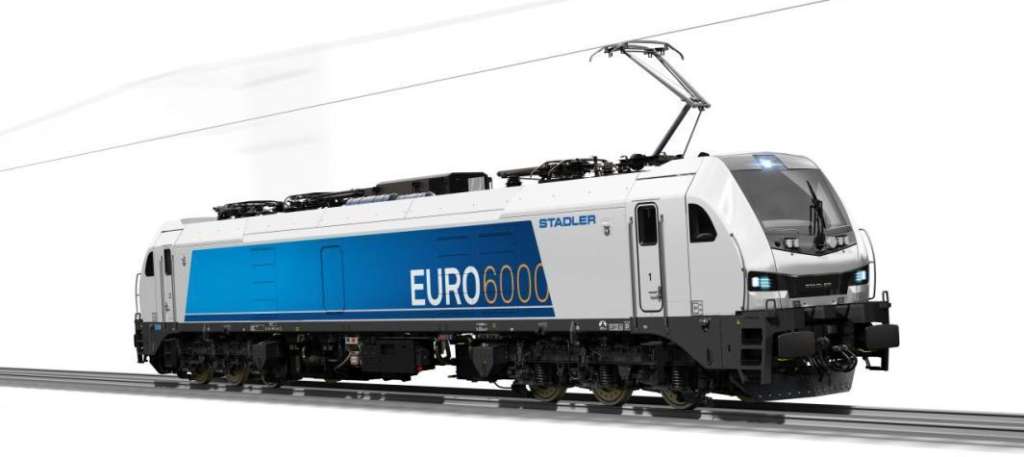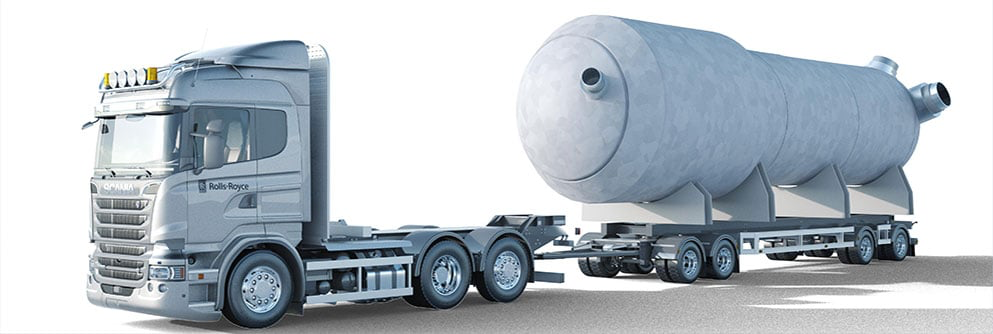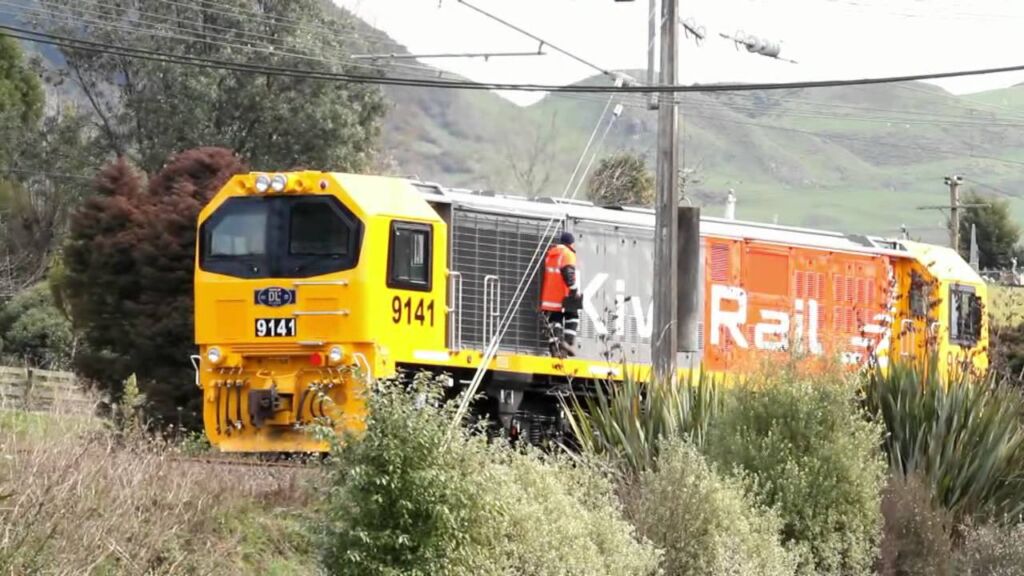Lockheed Martin delivers 75th APY-9 radar for E-2D Advanced Hawkeye
Syracuse, New York, January 29, 2024 – Lockheed Martin Corporation (NYSE: LMT), under contract to Northrop Grumman for the U.S. Navy’s E-2D Advanced Hawkeye, has delivered the 75th APY-9 radar that provides the U.S. Navy…


